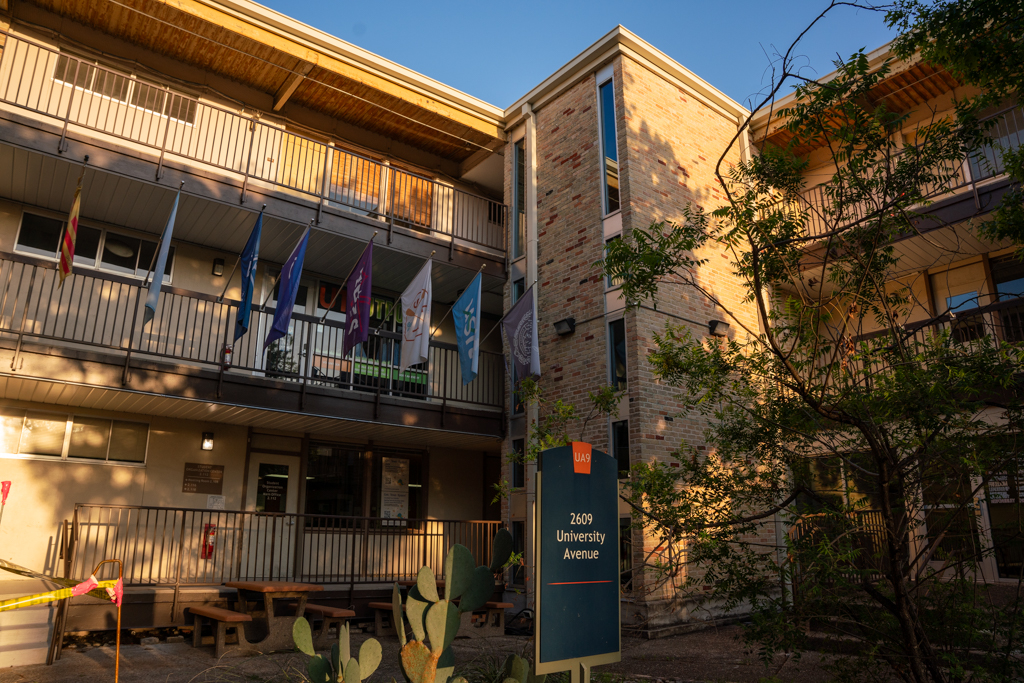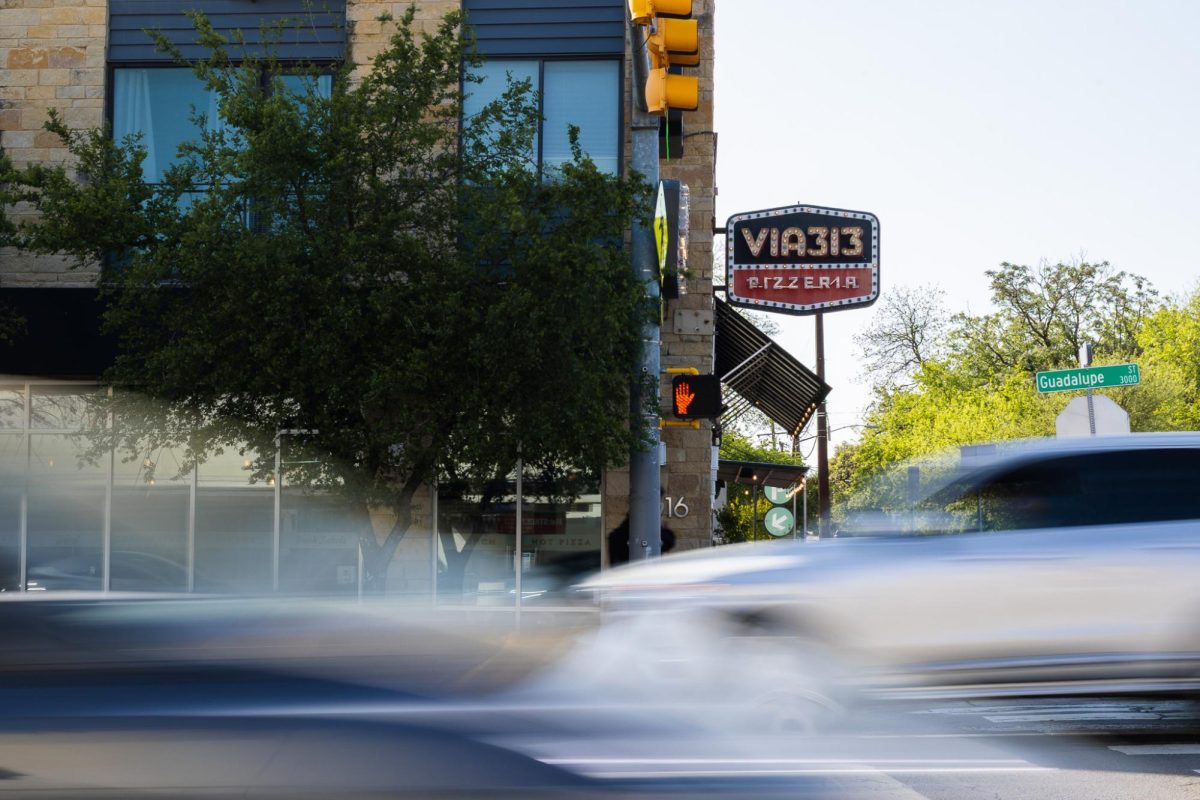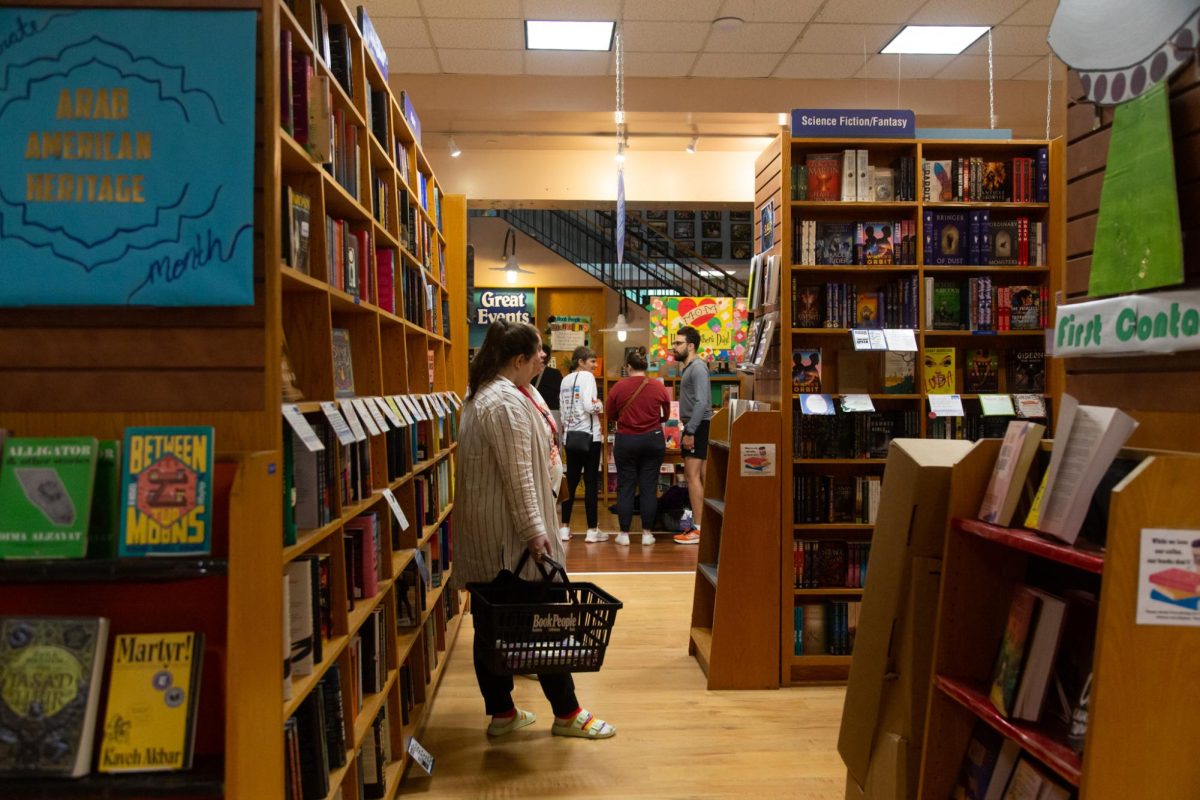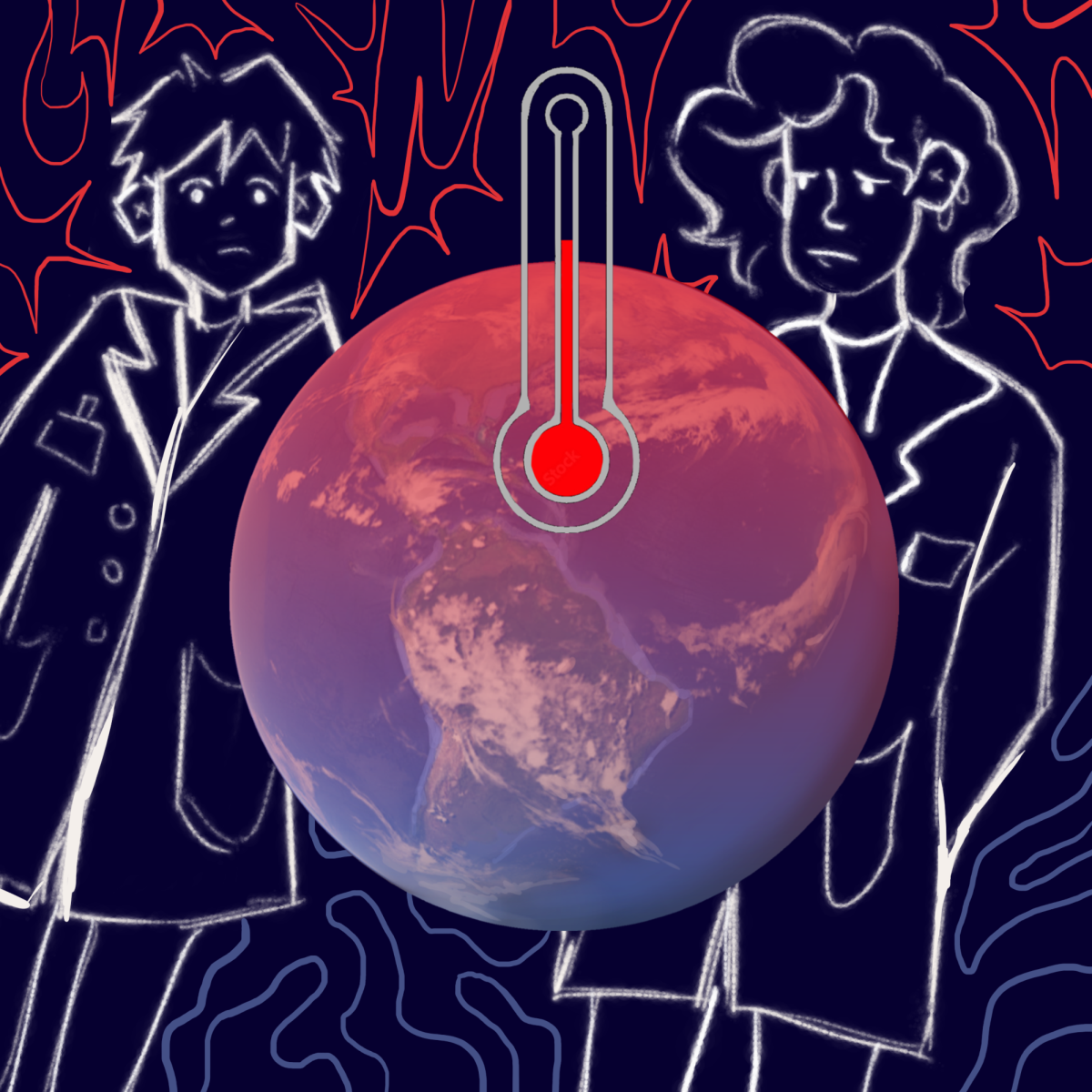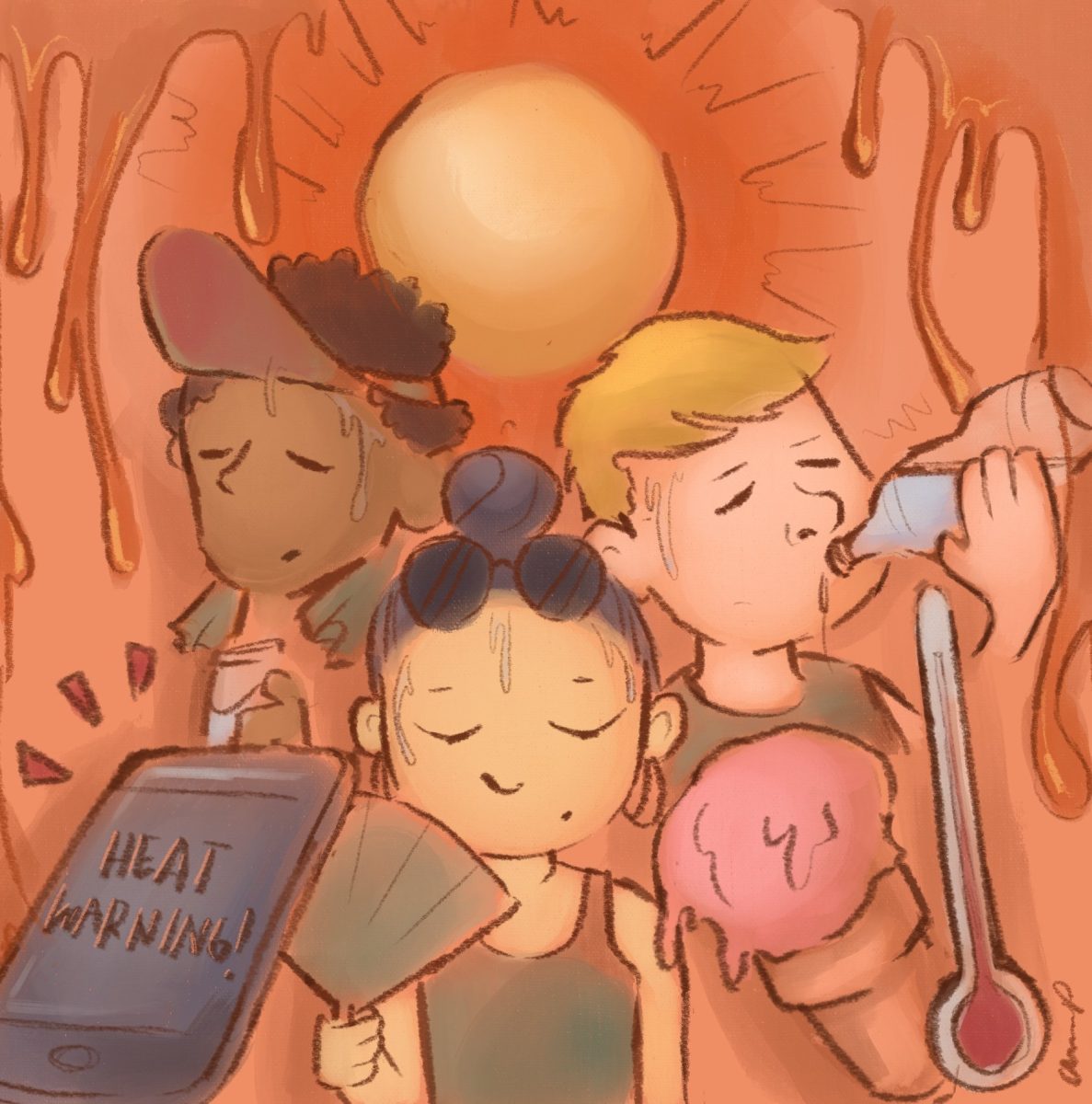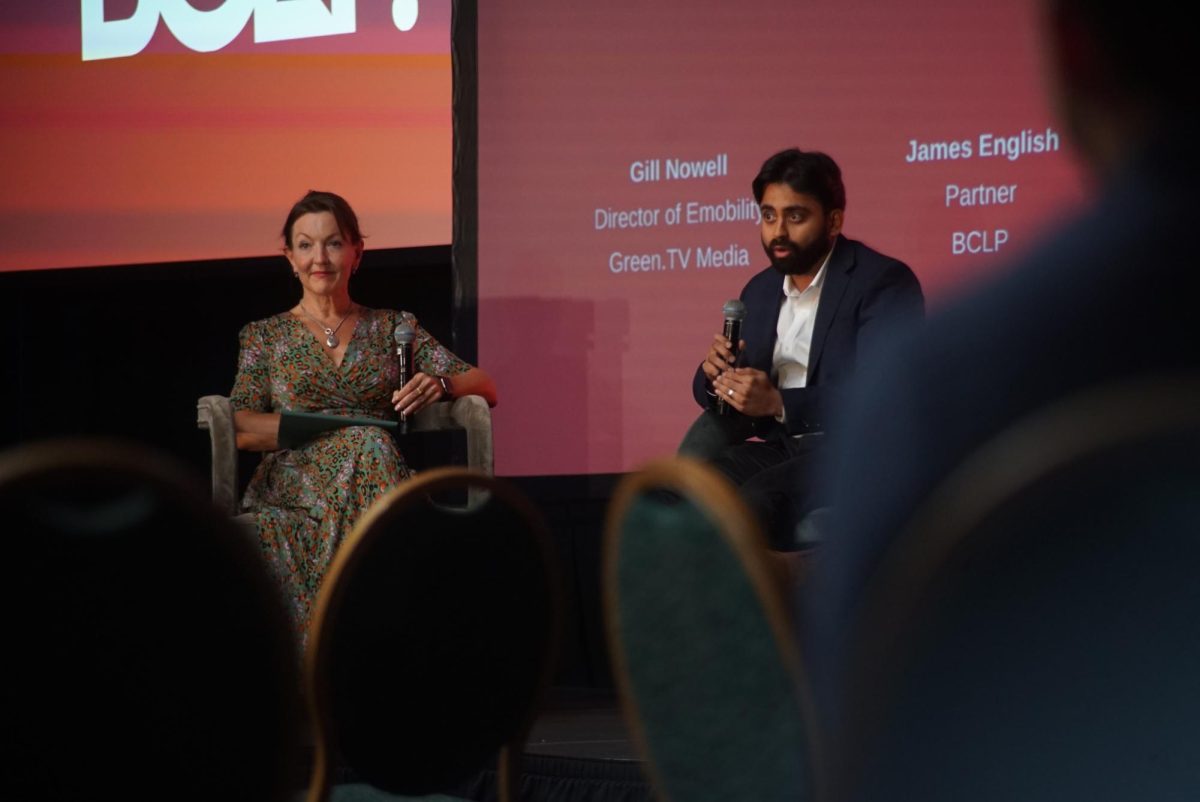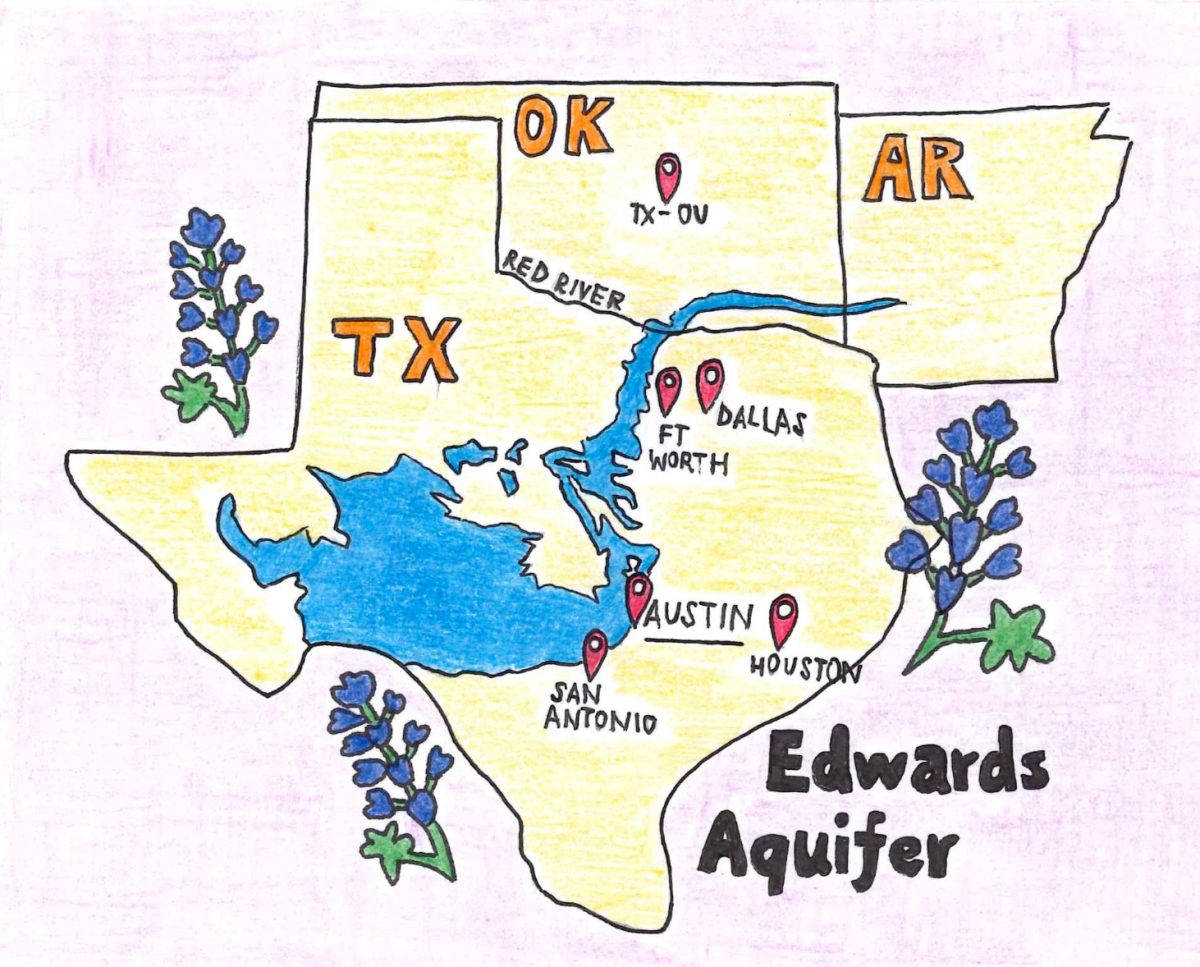The city of Austin released a memo on Jan. 16 showing it is behind on the majority of its sustainability goals to reduce greenhouse emissions community-wide.
The Austin City Council adopted the Austin Climate Equity Plan in 2021 as an effort to reach net-zero greenhouse emissions by 2040. The plan includes 17 goals and over 70 strategies the city wants to implement by 2030 to facilitate reaching the effort’s end objective, such as promoting waste reduction and increasing electric vehicle use.
In a recent analysis, the city found only three goals were “on track,” such as waste reduction, electrifying vehicle miles and planting more trees. Despite progress, 11 out of the 17 goals are either in “need of support” or “off track.” Some of these include reducing emissions for buildings, protecting farmland and increasing public transit use. Current data on each goal’s progress was not available in the report.
Braden Latham-Jones, the climate program manager for the city’s Office of Sustainability, said the department struggled to make further progress because of a need for additional investment, staff and technology. According to the memo, Austin initially received $242 million in federal grants, but Latham-Jones said the city needs around $1 billion total to accomplish the plan’s objectives.
“Some of these goals are things the city can do just on its own and some things rely on people making different choices in their own life to get to the goals,” Latham-Jones said. “Some are going to be easier to accomplish with that additional investment and additional staff capacity.”
Another barrier to meet the plan’s goals is providing economic incentives to residents, said David Eaton, a natural resource policy studies professor. According to the Environmental Protection Agency, some incentives are low-interest loans and grants. When these benefits aren’t available, the city relies on people to voluntarily contribute to the cause, which will take Austin more time to reach its sustainability goals, Eaton said.
“People may understand that it’s a good thing (to adopt sustainable practices) and they want to do that,” Eaton said. “Voluntary changes of behavior are very powerful.”
Caroline Gamble, the internal relations director of the Campus Environmental Center, said a lack of education on sustainability is another reason why climate progress is delayed.
“It’s really important to implement the mindset of a circular economy within people,” said Gamble, a sustainability studies and economics senior. “The sustainability transition is … getting behind the mindset of what sustainability really means.”
The memo stated the city will launch a two-year climate implementation plan in March to get the goals back on track. As part of the initiative, the city will create teams that will analyze barriers to achieving climate goals, how to overcome them and produce reports on their findings.
“There’s a lot of focus on the need to really make a meaningful dent on our emissions, locally, nationally (and) globally to avert the worst case scenario with climate change,” Latham-Jones said. “We’re seeing a lot of people come to terms with that and be ready to take action, and this is another great example of that.”
Despite the city enacting initiatives to reach its sustainability goals, Latham-Jones said it’s a collaborative effort to combat the climate crisis.
“A lot can be done when we all focus on a goal together,” Latham-Jones said. “We’ve seen that happen with COVID … and it was historic. We’ve done it recently and we could do it again.”





